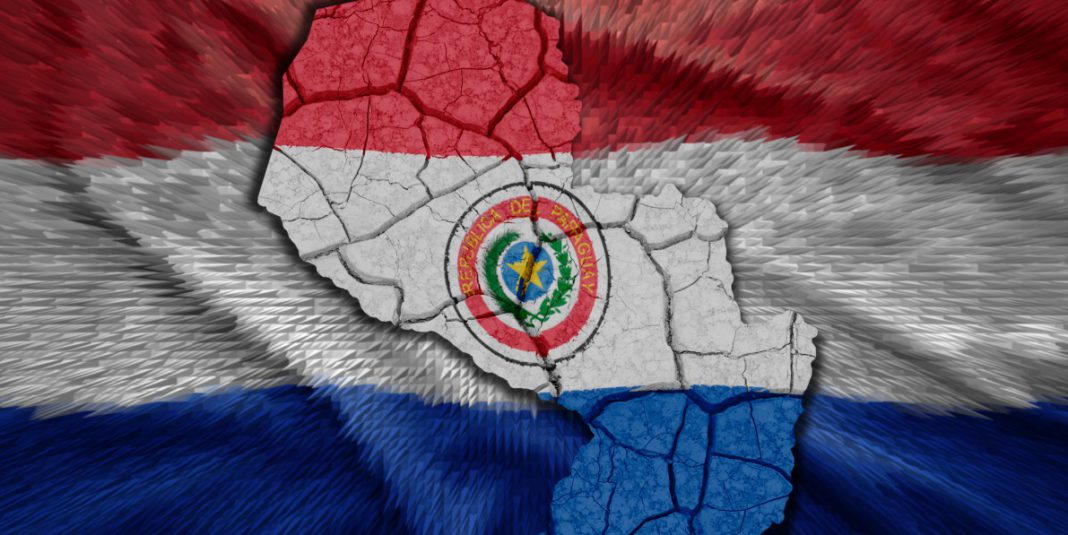The consequences of the COVID-19 pandemic continue to dictate Latin America’s gaming agenda, with Paraguay Minister of Health Julio Mazzoleni ordering the temporary shutdown of casinos, bingo halls and betting shops until the end of March.
Another contributing factor in the closures has been the resurgence of dengue fever in the southern hemisphere.
Consequently, the industry faces a severe economic loss, with representatives already analyzing different recovery strategies. Javier Balbuena, former head of the National Commission of Games of Chance (Conajzar) of Paraguay, and current advisor to the Chamber of Deputies, told SBC Americas sister site SBCNoticias that “…because of the current circumstances, these should continue being carried out according to the type of segment and the level of social commitment of the companies.”
“Many companies will face negative finances due to the lack of cash flow during the suspension period,” he said. “This means that they won’t be able to fulfill their monthly financial responsibilities such as wage payments, rent, and the fees for the exploitation of games of chance, among other things. Thus, industry representatives are seeking solutions for this unprecedented situation.”
When asked if the industry and government are working together to analyze possible benefits that may help in a financial crisis Balbuena responded: “I’m unaware of such a thing. However, I can say that in the consulting firm I own we have received requests for advice on the matter, as well as requests for the development of strategies to discuss this situation.
“Many of the companies in the industry have licenses that require them to make investments in hotels. Therefore, they have a lot of employees and officials that depend on the casinos. These companies must develop strategies and share them with the authorities to understand the situation. Furthermore, they must come up with an economic plan that grants extensions or fees payment plans in order to prioritize wages.”
On how the situation will affect Conajzar’s operations in the long run, he noted: “I believe that Conajzar, and many other institutions, have to be aware of the times we live in. Along with the private industry, it must come up with short and medium-term plans that contribute to the sustainability of the sector. I don’t believe that this affects their regulatory functions, they should take advantage of the legal authority granted by the Law 1016/97.”
Regarding the future for online gaming, Balbuena commented: “The closure of gaming and betting shops could boost the number of customers in the online market. The unofficial data that I accessed thanks to online gaming licensees shows a considerable level of growth in customer interaction and number of bets since the suspension kicked in.”
Qualifying that statement, he added that online gambling could alleviate the worst effects of a crisis that threatens to impact those who operate in the land-based sector without a parallel online service to fall back on.














